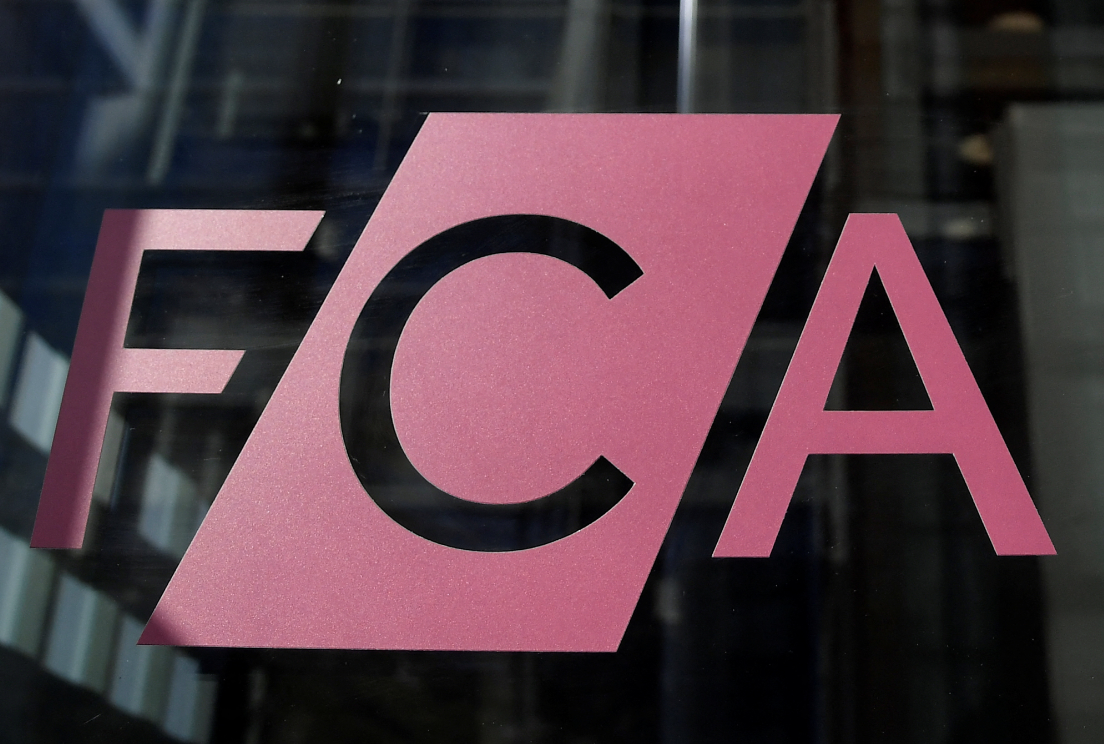Bank of America Private Bank Study Finds Younger Investors Turning to Alternatives, Sustainability and Digital Assets to Create Wealth

75% of young investors say it’s impossible to achieve above-average returns solely with traditional stocks and bonds
Half of parents believe children aren’t prepared to handle family money; waiting until children are in their late-20s to initiate conversations about the transfer of wealth
Bank of America released the 2022 Bank of America Private Bank Study of Wealthy Americans, which found significant generational differences in approaches to investing, giving and wealth planning. The findings show that the shift in influence and control over the largest share of U.S. personal wealth — $84 trillion is expected to pass primarily from the baby boomers to Gen X and millennials through 2045 — could have significant implications for families, wealth managers, charitable organizations and financial markets going forward.
“Wealth planning is inherently multi-generational. As we see among our client families, financial behaviors and values take shape early in life and live on in the legacies passed from one generation to the next. These research findings point to a larger role wealth advisors and the financial services industry is playing in helping families transition wealth and meet the needs of the next generation.”
Katy Knox, president of The Private Bank at Bank of America
Younger generations engaging in new investment strategies: 75% of investors between the ages of 21 and 42, compared to 32% of investors over age 43, do not think it’s possible to achieve above-average returns solely with traditional stocks and bonds.
- Eighty percent of young investors are looking to alternative investments, such as private equity, commodities, real estate, and other tangible assets. They allocate three times more of their investment portfolios to alternative strategies (16%) and half as much to stocks (25%) than older investors (5% and 55%, respectively).
- Whereas investors over the age of 43 maintain that U.S. equities offer the best opportunity for growth in the future, young investors think the greatest growth opportunities lie somewhere in the transformative digital asset space. Nearly half (47%) have cryptocurrency holdings.
- Ownership of sustainable investments have doubled since 2018, from 12% to 26% of wealthy people. Nearly three-quarters (73%) of millennials compared to 21% of older respondents use sustainable investments, which 72% of all survey respondents agree can make a positive impact in the world.
The family wealth talk is happening but starts late and doesn’t equate to financial preparedness: 68% of parents surveyed say they have talked with their children about their family’s wealth, including how much money the next generation stands to inherit.
- On average, parents don’t initiate conversations about family wealth and the transfer of wealth until their children are at least 27 years old.
- Only 51% of parents think their children are well prepared to handle family money or any inheritance they stand to receive.
- Fifty-eight percent of respondents have limited or no understanding of trusts. Among those without a trust, the younger generation is more inclined to consider using them in their estate plans (91%) than older generations (56%).
See related article: Bank of America Announces Additional $100 Million to Support Minority Small Business Owners, Communities
Different paths to a better world: 82% of parents who are philanthropically engaged believe that they and their children share the same philanthropic vision and goals. However, just 41% of older generations think the next generation’s philanthropic efforts will be equally effective as their own. The younger generation is more optimistic about their ability to achieve philanthropic goals – 87% believe their giving will be more effective than earlier generations.
- When making charitable giving decisions, 76% of respondents, including 88% of women, prefer to establish their own philanthropic identity apart from their family.
- Just half (51%) of all donors support the same causes as their parents.
- Younger generations are far more likely to gift through a structured vehicle, including a donor-advised fund (30%), charitable trust (51%), and/or family foundation (14%) than older generations do (15%, 14%, and 4%, respectively).
Art as an asset: While most art owners collect for the aesthetic value (63%) and only a small number plan to sell it quickly for profit (9%), art is a dynamic market:
- Sixty percent of art collectors have purchased a piece in the past 12 months.
- A near equal number (58%) plan to sell a valuable work in the next 12 months.
A larger role for wealth advisors to meet people’s needs: While satisfaction with wealth advisors is high — 97% of survey respondents are satisfied, including 74% who are very satisfied with their advisor relationship — the survey found gaps between the topics people want to discuss with their advisor and the conversations taking place.
The three topics high net worth people most want to discuss with their advisor today are:
- Tax planning (88%)
- Estate planning (81%)
- Investing in an inflationary environment and best use of funds amidst rising-interest rate (both 80%)
Approximately a third of people who want to are not discussing or discussing enough these topics with their primary advisor. The findings show that for a wide range of areas – from estate planning to the strategic use of credit, and from philanthropic planning to investing for positive social or environmental impact – wealth managers have a significant opportunity to add value and build more robust relationships with next-generation clients.
Source: Bank of America






